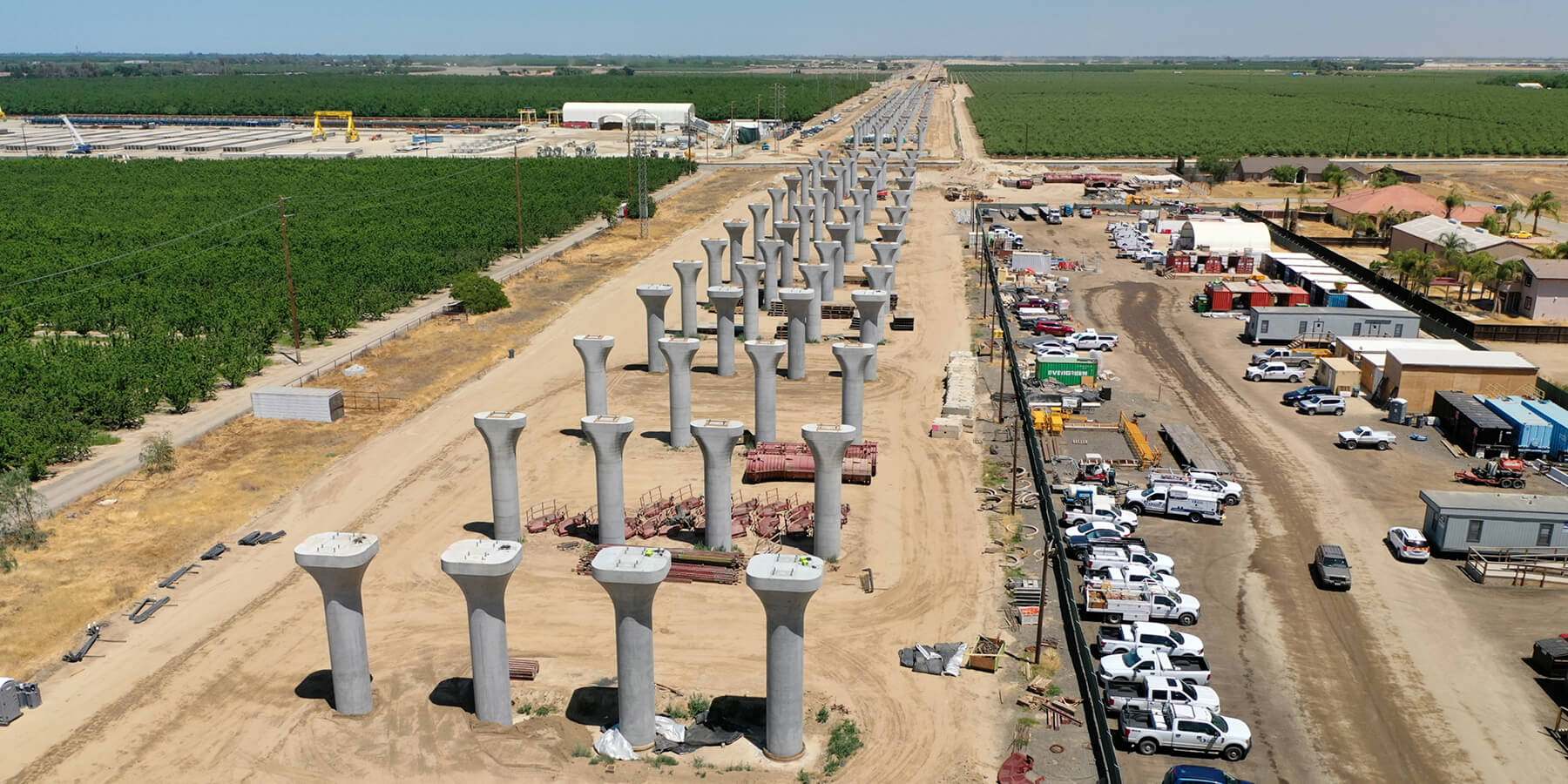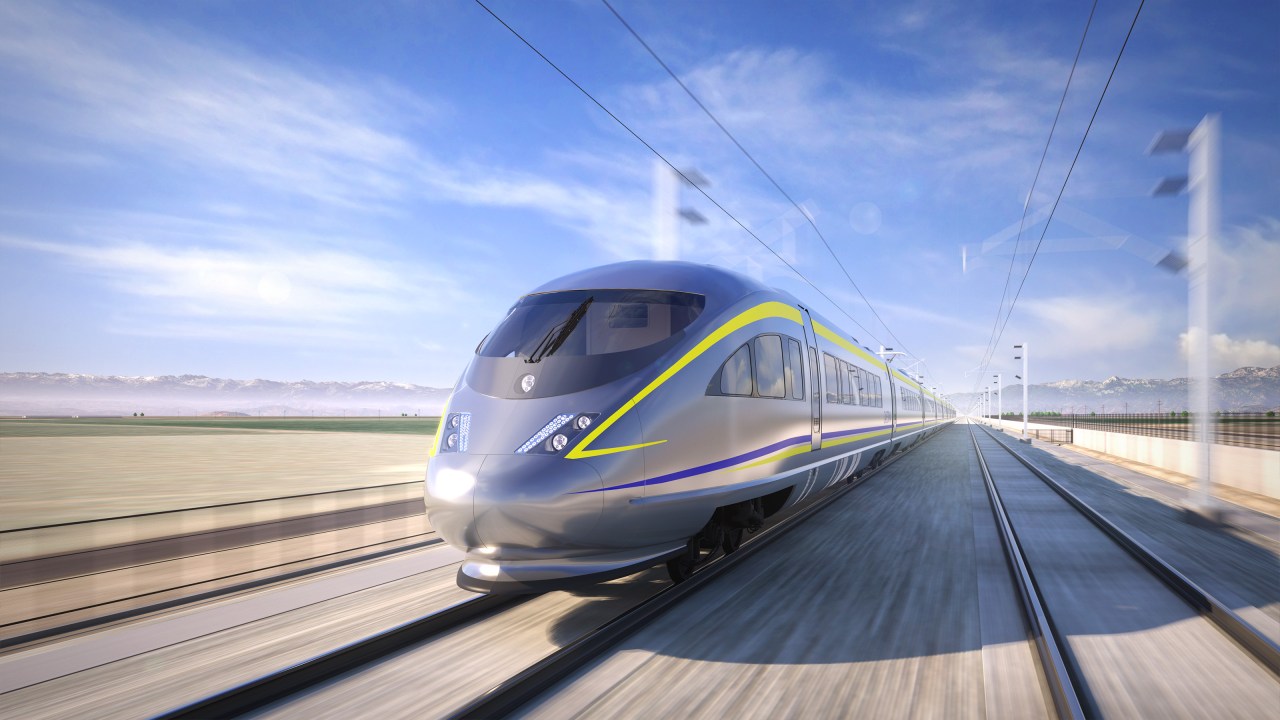- cross-posted to:
- technology@lemmy.world
- technology@lemmit.online
- cross-posted to:
- technology@lemmy.world
- technology@lemmit.online
California issues an RFQ (Request for Qualifications) in preparation of buying trainsets capable of travelling around 220mph (355km/h), two prototypes, a simulator, spare parts and operational availability for 30 years. Timeline for revenue operation currently is at year 2030.
E: Official release from California government: https://hsr.ca.gov/2023/08/24/news-release-california-high-speed-rail-authority-moves-closer-to-buying-first-trainsets/
Nice! Implementation of high speed rail is needed to get the populace away from frequent wasteful flights
Hopefully the implementation is done in a well and thoughtful way, such as connected stations in city centers and outskirt towns.
It would also be nice to see these stations interconnected with transit hubs such as subways/trams/buses, and have a pedestrian orientation focus with cycle infrastructure included.
It would be a shame to see these station built outside of walking distance of any surrounding communities in the middle of nowhere with a carpark all around. Something similar to a Walmart Supercenter parking lot.
You can see on the California government website where the current plan is to integrate with each part of the city. Many of the bigger population centres will have stations right at (what sound like to me as) major transit hubs. Unfortunately, the 2030 target is for operation between Bakersfield - Madera, so the parts around SF and LA will still take a bit longer than that.
I feel like I’ve heard attempts at this from over a decade ago… doubting I’ll see this within my lifetime at this point.
I can understand your skepticism, but you may be slightly misinformed. High speed rail corridors don’t pop up overnight, and they take longer if you want it to be built as economically, safe, and well-thought out as possible. For this project we are about 15 years after voters approved the idea 2008, so that part is true as you say. So planning is done to get the most efficient and effective path which takes years, consulting the public takes years, building it takes more years, then testing and commissioning is the cherry on top. The American idea of “I can do this all by myself without any European/Asian help” is certainly slowing things down and making it expensive as well. Due to inflation the costs also will rise but so will the cost of any alternative be it maintaining highway systems, managing traffic and pollution.
See the progress of the project for yourself at their website. Or a detailed summary on the Wikipedia page.

These must be golf pegs for Godzilla! :)



